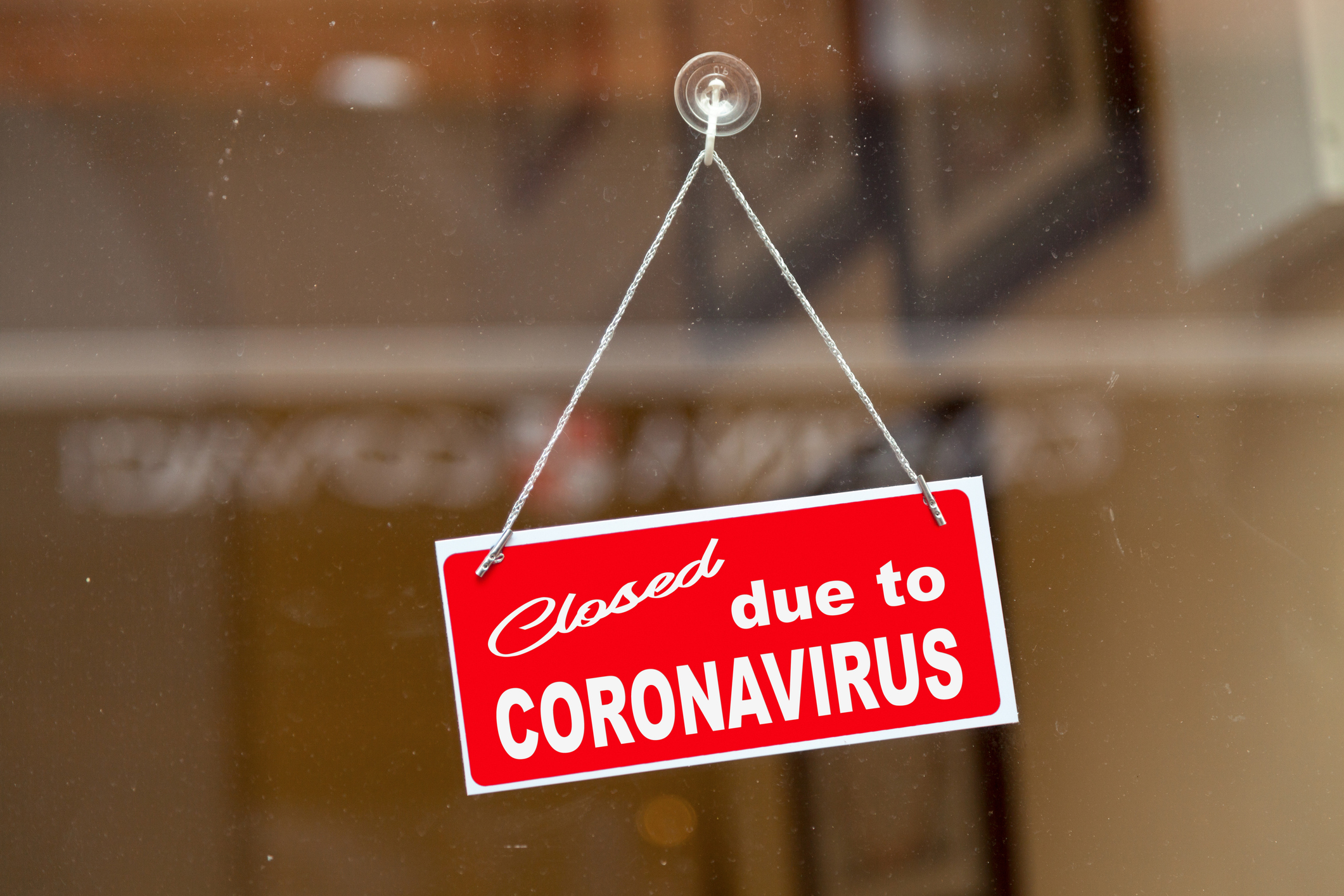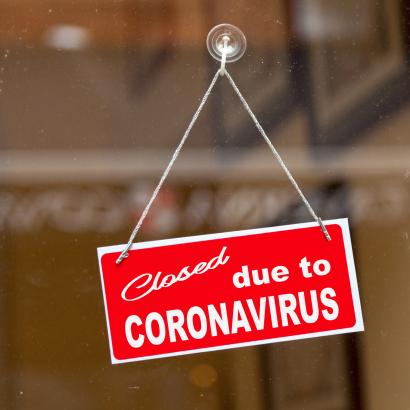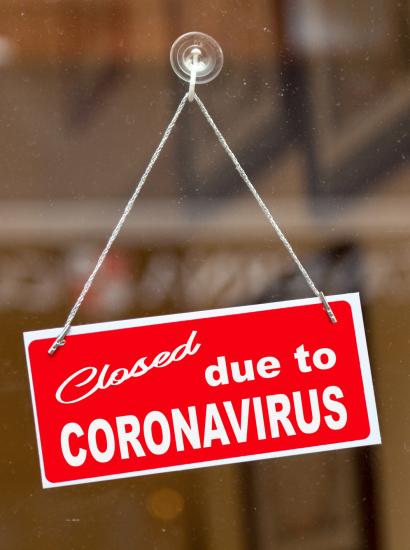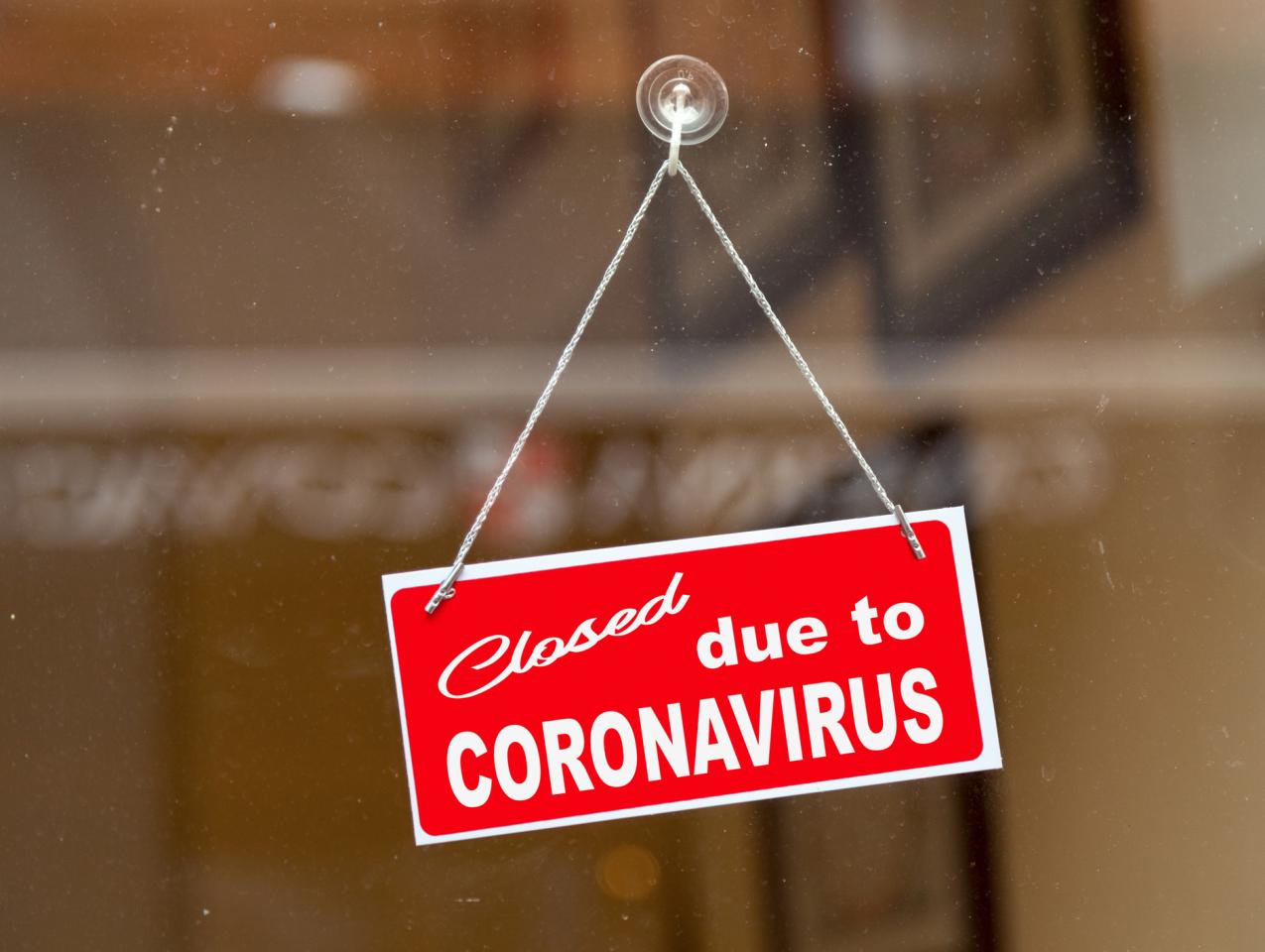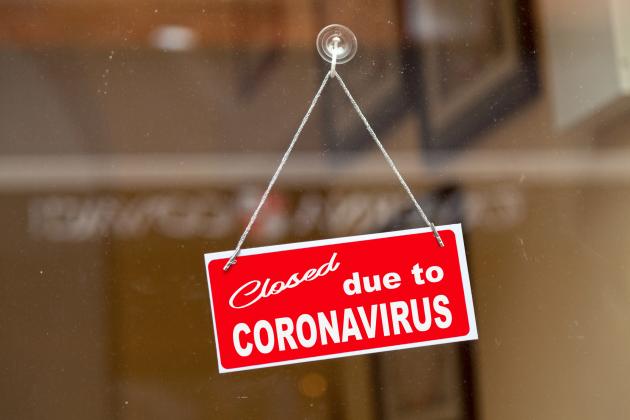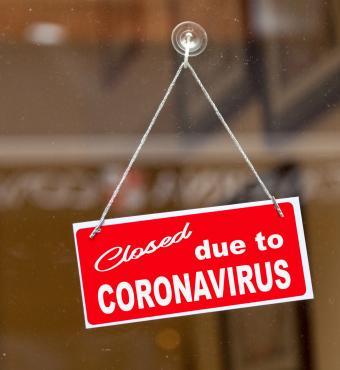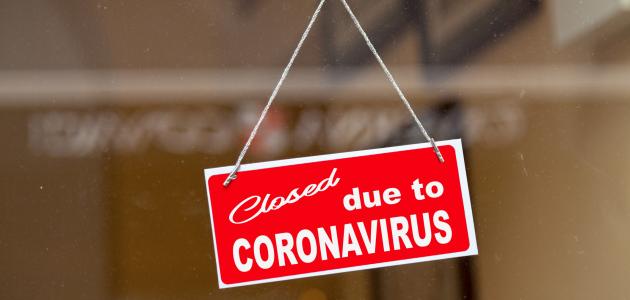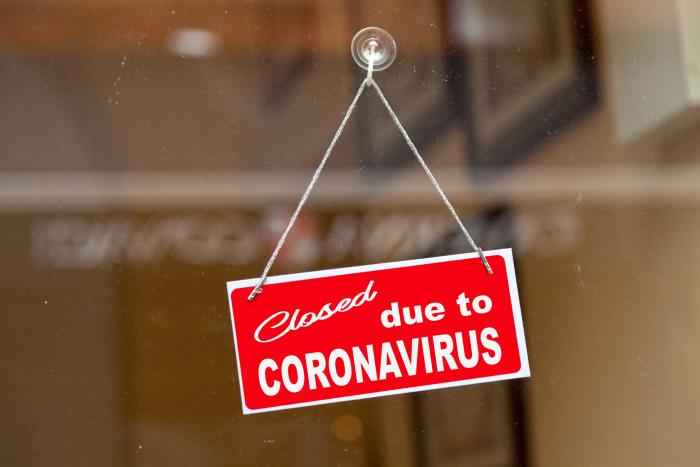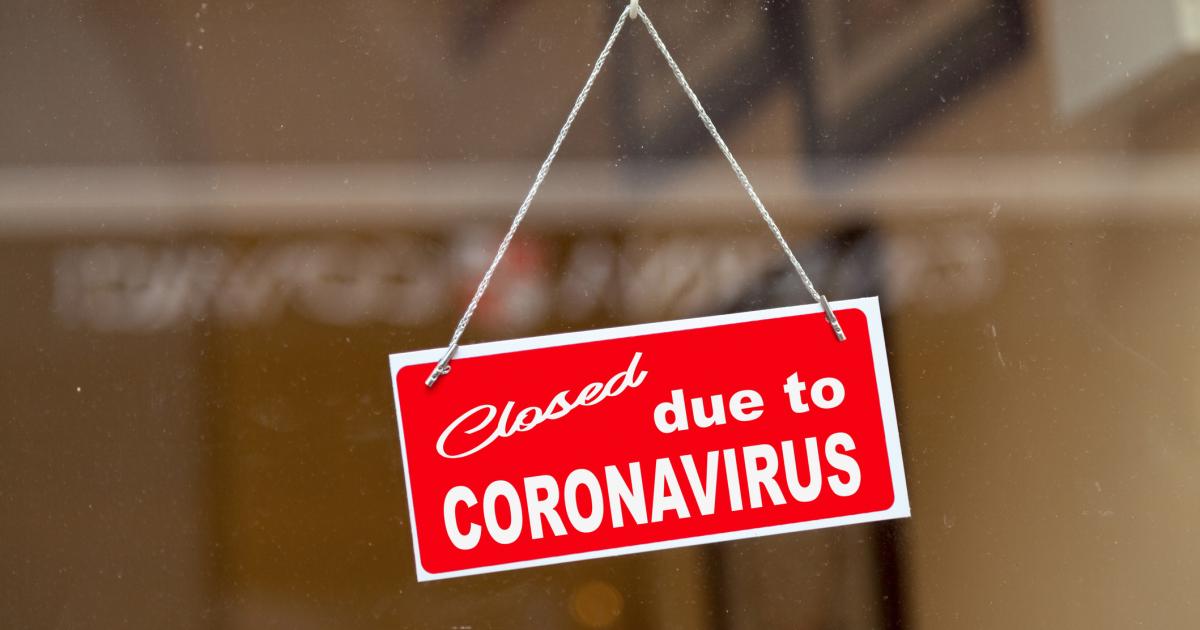- Economics
- US Labor Market
- Law & Policy
- Regulation & Property Rights
- Budget & Spending
- Health Care
- Politics, Institutions, and Public Opinion
- State & Local
- California
All of us who own and run small businesses can appreciate the difficult balancing act California governor Gavin Newsom, local elected officials, and county health directors have had in containing the spread of COVID-19 without doing too much more damage to our beleaguered economy.
But as we move past the March 4, the one-year anniversary of the governor’s executive order declaring a state of emergency, I’d like to ask a simple question: what we have learned?
To contribute one thought to the discussion, the spread of the pandemic was not the fault of small businesses, but they have borne the economic brunt of a vicious cycle of mandated closures, costs of reopening, more mandated closures, and another round of reopening costs.
It’s legitimate to ask, Shouldn’t small businesses do their fair share to contain the virus? Yes, were it truly a fair share, but it hasn’t been.
As reported by the Columbus Dispatch about Ohio’s chief executive, “Gov. Mike DeWine has largely given businesses a pass as a cause for the recent surge in COVID-19 cases. Instead, the governor has for weeks said the spike is the result of people being less careful at casual private gatherings, weddings and funerals. ‘The spread is not so much in workplaces, it’s not so much in classrooms. . . . It’s when people are doing more casual things, getting together.’”
In an article for Nature, a team of academics pointed out, “Our model predicts that a small minority of ‘superspreader’ points of interest account for a large majority of the infections, and that restricting the maximum occupancy at each point of interest is more effective than uniformly reducing mobility.”
But how would a state limit family and social gatherings? It wouldn’t dare try. Much easier it is to pick on the enterprises it already regulates, businesses that have bent over backward to do their part.
Wrote Karen Harned, executive director of the National Federation of Independent Business (NFIB) Small Business Legal Center, and John Kabateck, NFIB California state director, in a guest editorial:
Since the start of the pandemic, California small businesses have taken every step imaginable to protect their workers, customers, and communities. They’ve implemented and enforced social distancing, worked nights and weekends to install barriers and protective equipment, and even shifted their entire business models. They’ve done this at a staggering cost: Retail businesses alone have spent more than $8 billion to make their locations safe for everyone.
NFIB, of which I am a member, is the nation’s largest small-business association. It recently joined with the National Retail Federation in a legal challenge to the California Division of Occupational Safety and Health (Cal/OSHA) and its latest regulation further punishing businesses for a virus that could have been contracted anywhere.
According to a news story by Law360:
The National Retail Federation, the National Federation of Independent Businesses and a group of small businesses brought their suit against Cal/OSHA in December, contending that the government agency failed to rely on science and exceeded its authority when implementing California's Emergency Temporary Standards, which went into effect Nov. 30. . . . Under the rules, if multiple COVID-19 infections or an outbreak occur at a workplace, California employers must provide free testing to employees who might have been exposed. Employers must also give exposed workers paid leave to prevent the spread of the virus to other employees and the public.
In the legal back-and-forth between the associations and Cal/OSHA, one court document, Reply in Support of Plaintiffs’ Application for Order to Show Cause, summed up the small-business position perfectly:
Without a hint of irony, Defendants’ [Cal/OSHA’s] Opposition seemingly blames employers for the recent “spike” in COVID-19 cases. . . Notably, Defendants’ supporting authority states nothing about this spread being work-related. . . . Retail employees (and all California employees, for that matter) face the hazard of COVID-19, not because they are employees, but because they are human beings living on this planet. The threat exists wherever they are—Thanksgiving dinner, nights out with friends, holiday celebrations with families, and any number of other life activities, all of which an employer cannot control. Cal/OSHA rightfully expects employers to institute protocols to keep employees safe while they are at work. But it is wrong to impose on employers the massive costs and burdens of a global pandemic where employers can control a person’s activities only during a fraction of their day . . . without even the benefit of due process.
As of this writing, California is going through another slow reopening. I have a special sympathy for those small-business owners, mainly restaurateurs, who spent tens of thousands of dollars building parklets outside their places of business when counties told them they could no longer have customers indoors. Then, what remaining customers could be held on to vanished when authorities pulled the rug out from under them by ordering a stop to outdoor dining and other commerce as well.
Yes, it would be nice if California could provide its small businesses with some liability protection against unfair COVID lawsuits aimed at them; would conform its tax code to the federal government’s to take advantage of the forgiveness provisions in Paycheck Protection Act loans; and would allow for a recouping of some tax money lost through the limiting of SALT deductions on their income taxes.
But if the governor and lawmakers are serious about re-energizing the Golden State economy, its roadmap must first start with Main Street, and its first order of business must be to allow those small businesses recently closed to reopen, and those small businesses barely hanging on to stay open.
A loan, a grant, a tax credit are all fine as far as they go, but leading the charge toward recovery by necessity are customers walking through the door. NFIB, which has been measuring the health of America’s Main Street economy, has heard it before, most recently during the Great Recession, when the political battle cry was “access to capital,” while all the time polls and surveys of the NFIB membership kept saying the cure was customers walking through the door.
So, it remains the cure today. Skip the jiggering of the tax and regulatory codes long enough to allow Main Street enterprises to open up and stay open. The way out of our economic crisis is to find a way for customers to walk through the door.
Lorraine Salazar is owner of Fresno-based Sal’s Mexican Restaurants.







